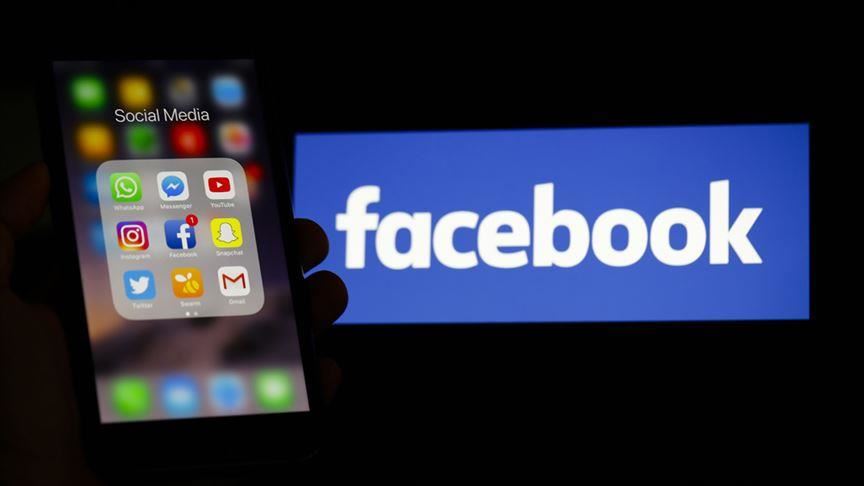Kevin Chan was testifying before the Canadian justice committee into online hate and said Facebook likely played a role in the Easter Day suicide bombings in Sri Lanka.
“With regards to the tragedy in Sri Lanka, we know that the misuse and abuse of our platform may amplify underlying ethnic and religious tensions and contribute to offline harm in some parts of the world,” Chen said. “This is especially true in countries like Sri Lanka, where many people are using the Internet for the first time, and social media can be used to spread hate and fuel tension on the ground.”
He said Facebook learned lessons from the Myanmar violence, where the company admitted in November 2018 it was used to stoke hatred of Rohingya Muslims.
The Rohingya, described by the UN as the world’s most persecuted people, have faced heightened fears of attack since dozens were killed in communal violence in 2012.
According to Amnesty International, more than 750,000 Rohingya refugees, mostly women and children, have fled Myanmar and crossed into Bangladesh after Myanmar forces launched a crackdown on the minority Muslim community in August 2017.
The UN has also documented mass gang rapes, killings – including of infants and young children – brutal beatings and disappearances committed by Myanmar state forces.
UN investigators said such violations may have constituted crimes against humanity.
“In 2018 we commissioned a human rights impact assessment on the role of our services, which found that we weren’t doing enough to help prevent our platform from being used to foment division and incite offline violence,” Chan said.
In a bid to stop the abuse of the platform, Chan said Facebook has beefed up its content review teams and is “investing in technology and programs in places where we have identified heightened content risks and are taking steps to get ahead of them.”
[adrotate banner=”71″]
 Worldwide computer failure paralyzes systems
Worldwide computer failure paralyzes systems Flixbus accident on A9: Five dead, many injured – hospitals alerted
Flixbus accident on A9: Five dead, many injured – hospitals alerted Court temporarily stops Assange’s extradition
Court temporarily stops Assange’s extradition Baltimore rescuers are searching for people in the water
Baltimore rescuers are searching for people in the water